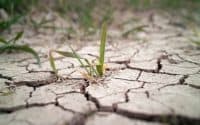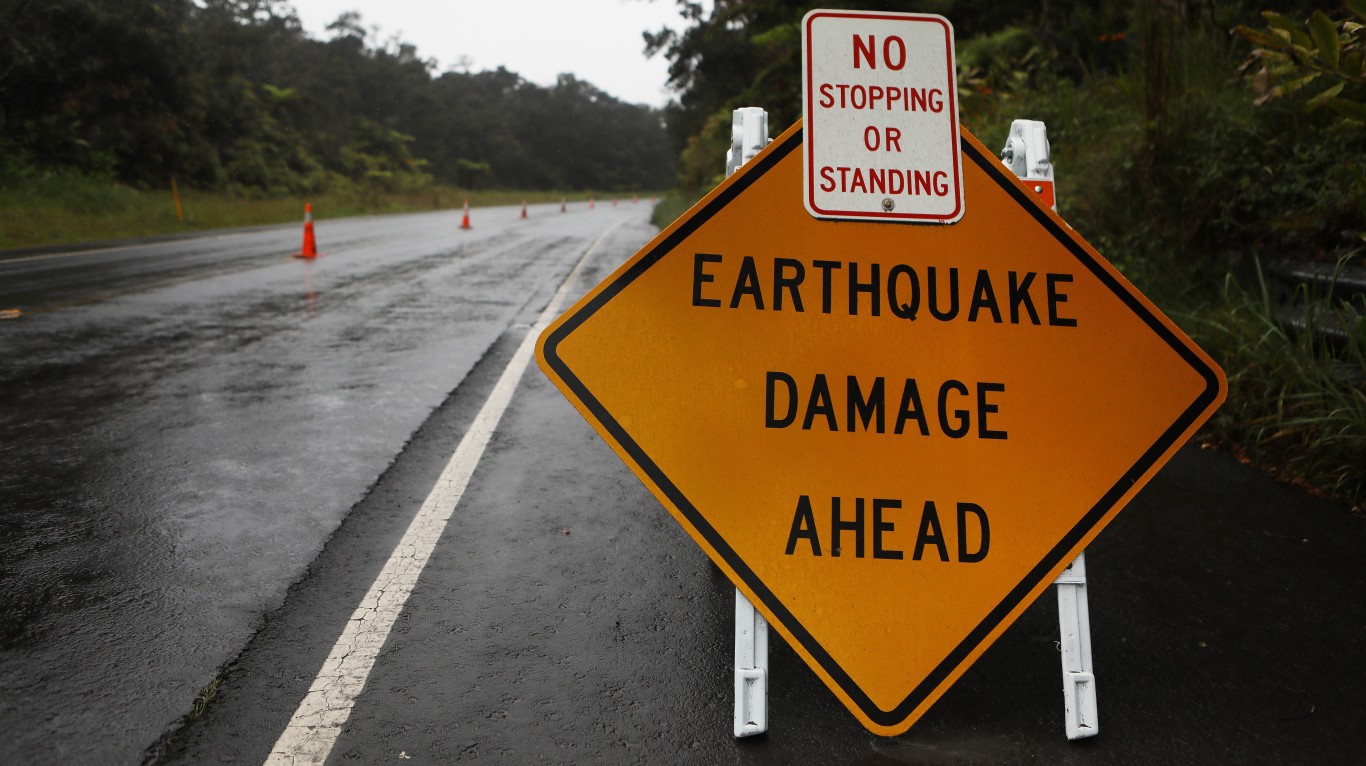
The news about climate change is always bad, right? Not if you live in some parts of the world. Though national leaders can’t gloat about it publicly, some countries could see their GDP double or triple from higher temperatures and changes in precipitation. So if you’re thinking about retiring abroad, these might just be some of the places to (quietly) go.
24/7 Wall St. Insights
- Climate change will produce unpredictable effects: some places will be drier and hotter while others will have more precipitation.
- The countries that will benefit most are those with cold climates and a level of development that will give them the means to adjust to environmental changes.
- Also: 2 Dividend Legends To Hold Forever
Climate Change or Global Warming?
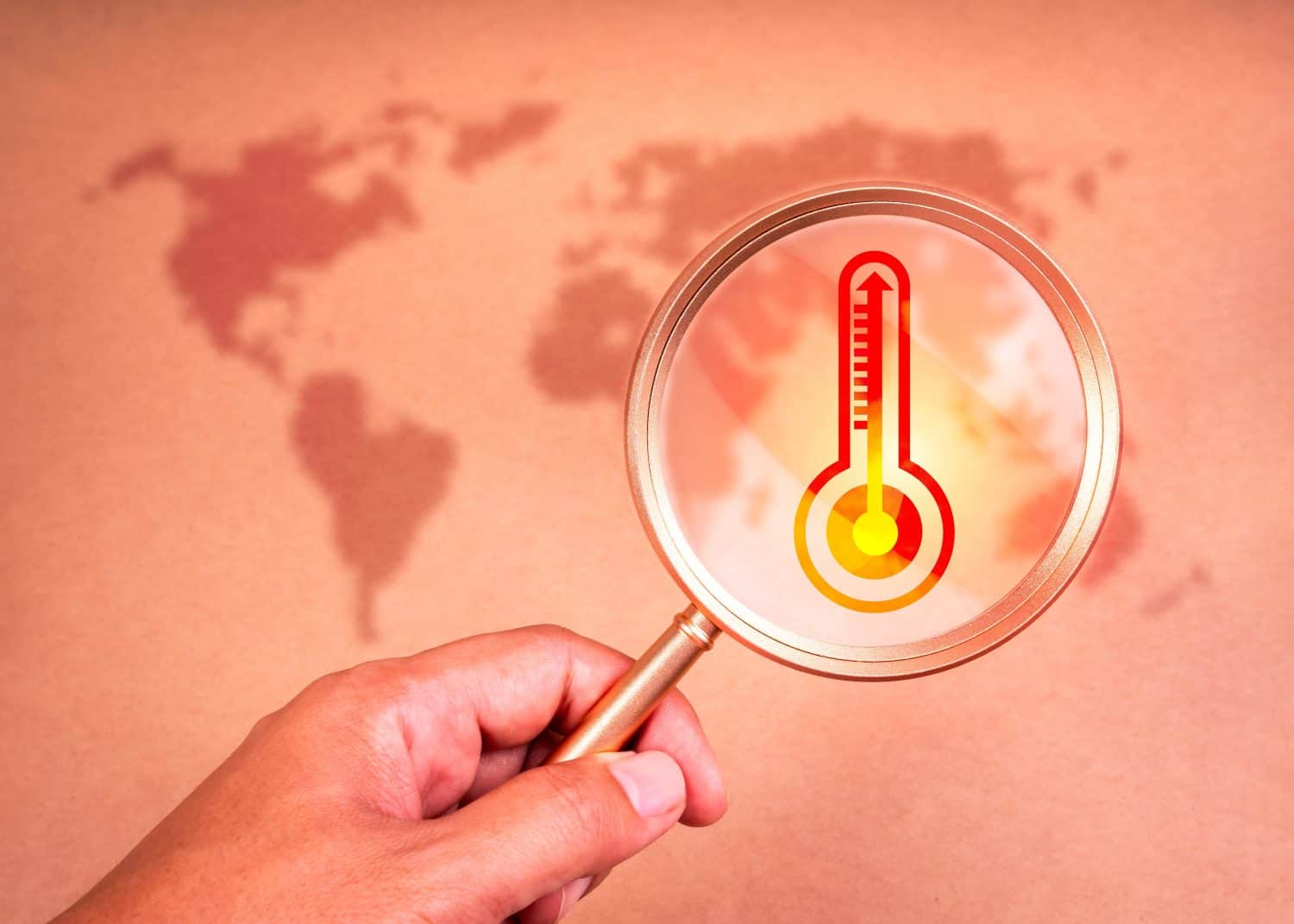
You’ll often hear the terms “climate change” and “global warming” used interchangeably, but the first is the preferable term. It’s true that average global temperatures have been measurably rising for the past century, but higher temperatures are just a part of the picture. Climate change is also expected to bring higher precipitation to some areas, stronger and more destructive storms, and rising sea levels that may inundate coastal areas and even erase some island countries from the map altogether.
Climate Change is Factual and Obvious
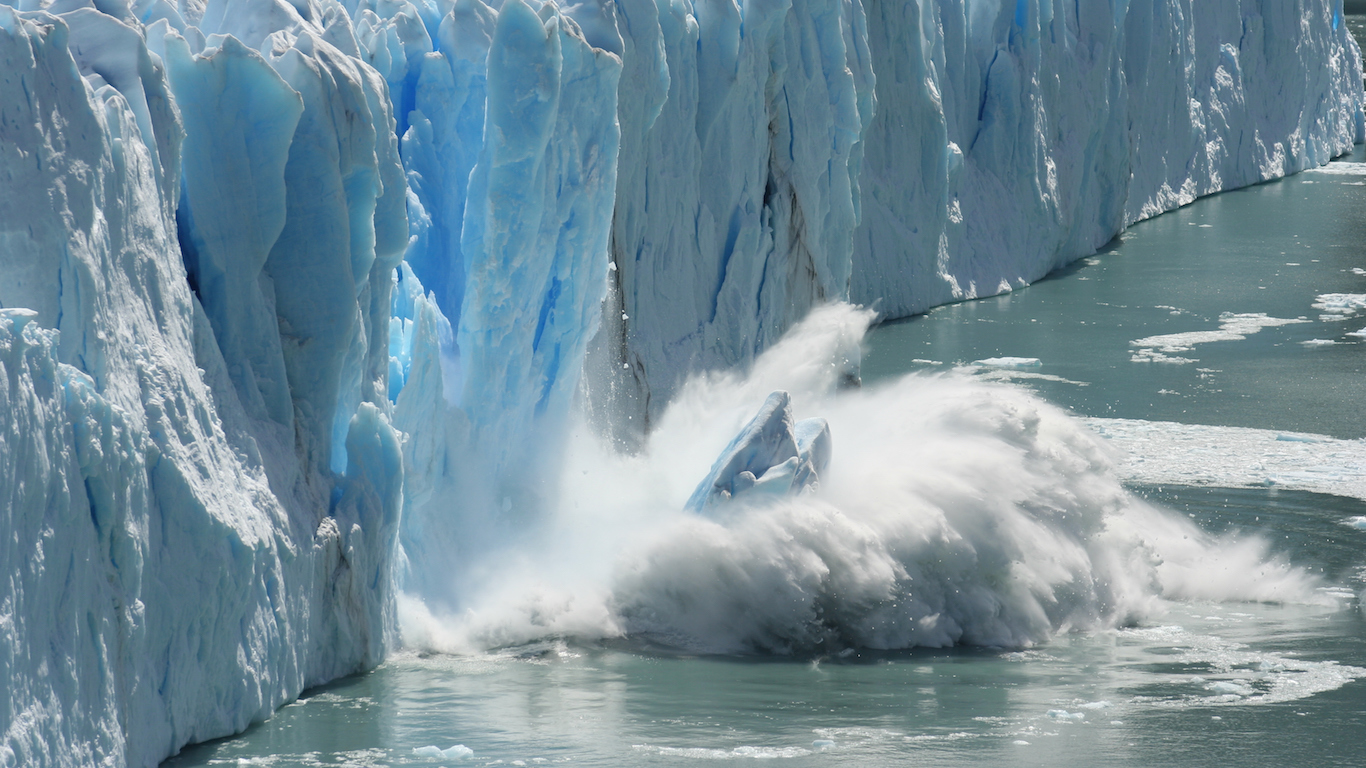
The fact that the world’s average temperature is increasing is undeniable, having been measured with precision by researchers and showing its effects in melting ice caps and rising sea levels. These aren’t just miniscule changes, either. You can see it in photos taken of glaciers over the years and in satellite images of the polar ice caps. In fact, the Arctic Ocean has become navigable in summer and, if this keeps up, may become a regular route for sea trade between Asia and Europe. Columbus’ long-sought sea shortcut to Asia will be a reality at last.
Reasons for Climate Change
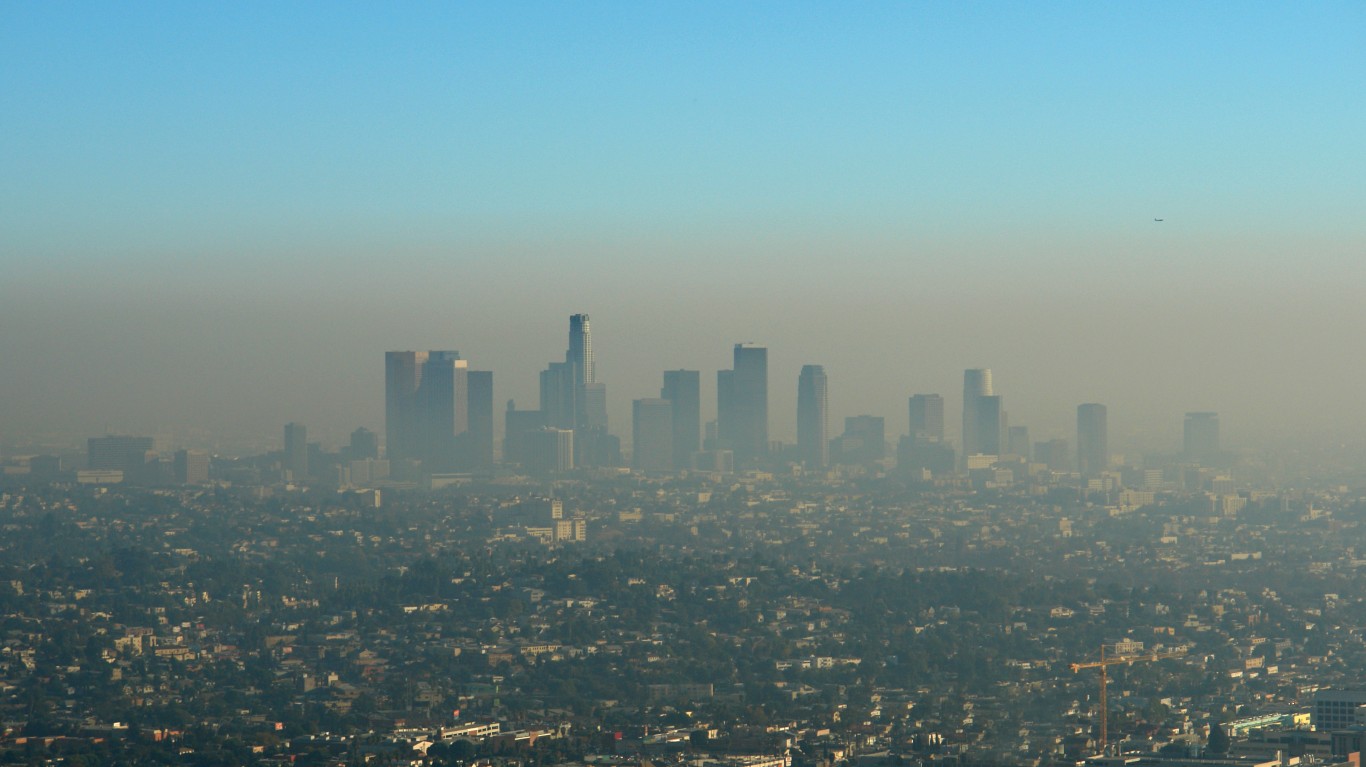
While the fact of rising temperatures is well-established, the reason for it is controversial. Climate scientists have explained how it is connected with greenhouse gases released by human industry, vehicles, and even the digestive processes of millions of head of cattle around the world. Carbon dioxide and other gasses trap heat in the atmosphere instead of allowing it to radiate back into space. This causes the planet to heat up.
Natural Change?
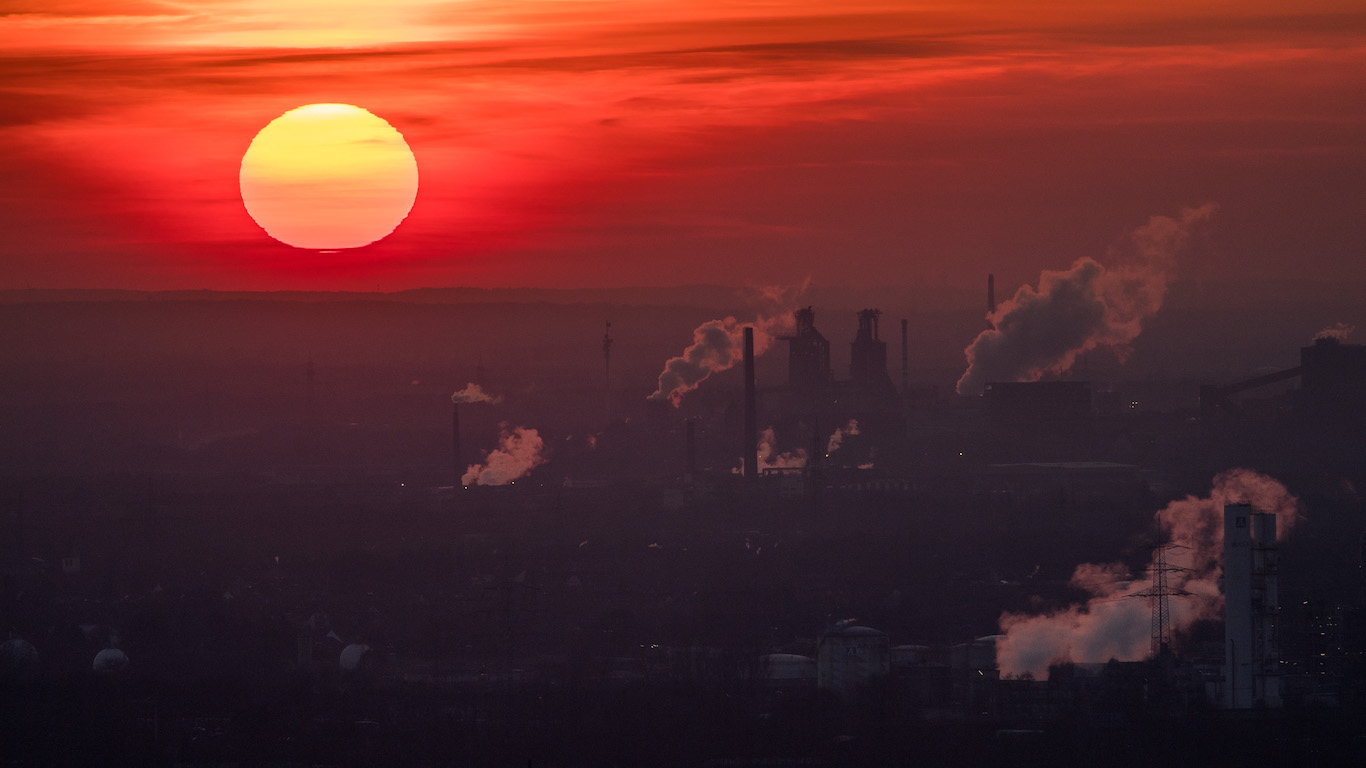
On the other hand, skeptics say the world goes through natural cycles of warming and cooling, which we can see in the geologic record. The ice age is an example of a cooling cycle of the Earth. The latest warming cycle has just happened to coincide with the period of greatest human industrialization and pollution in the planet’s history . . .
Solutions to Climate Change
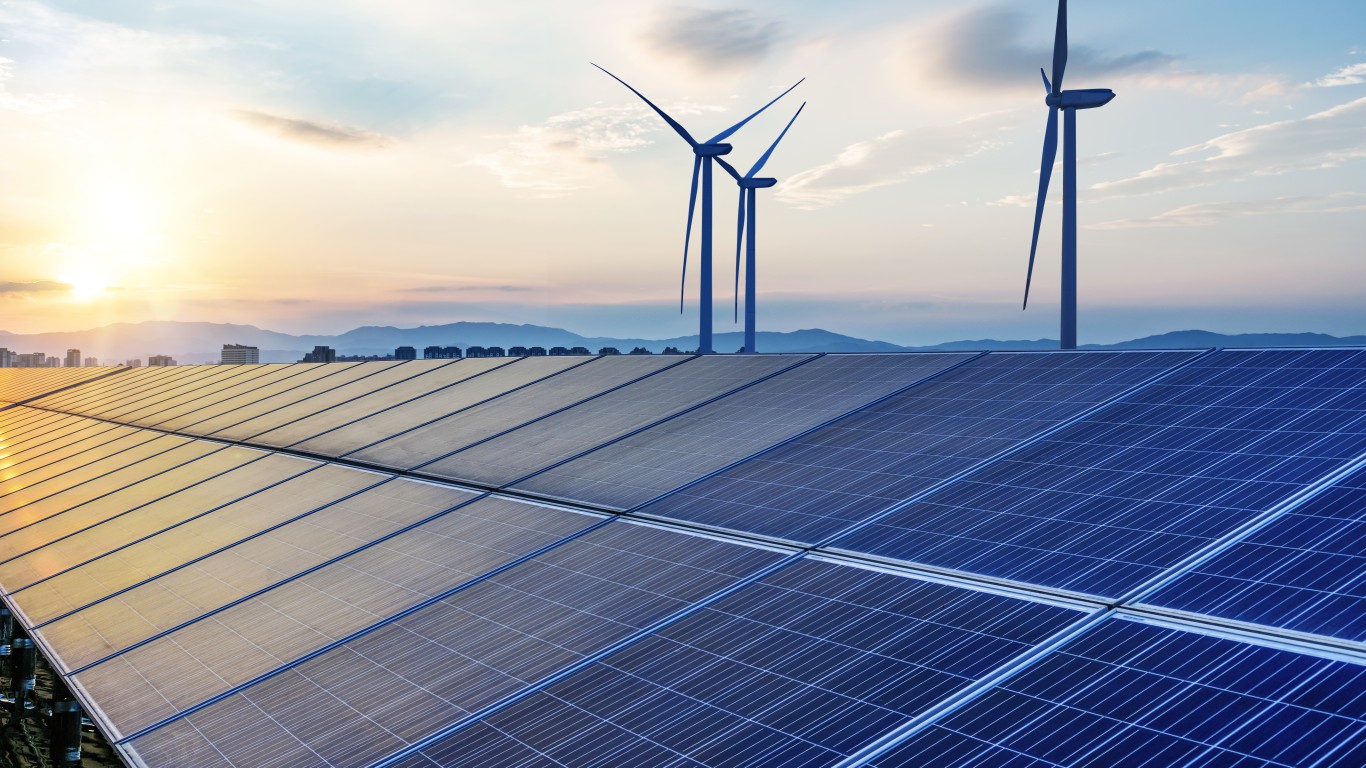
Many scientists think the amount of greenhouse gas in the atmosphere is near or already past the point of no return. Reversing the warming effect may not be possible, so the best we can do is prevent it from rising any higher than it has to.
The Big Factors
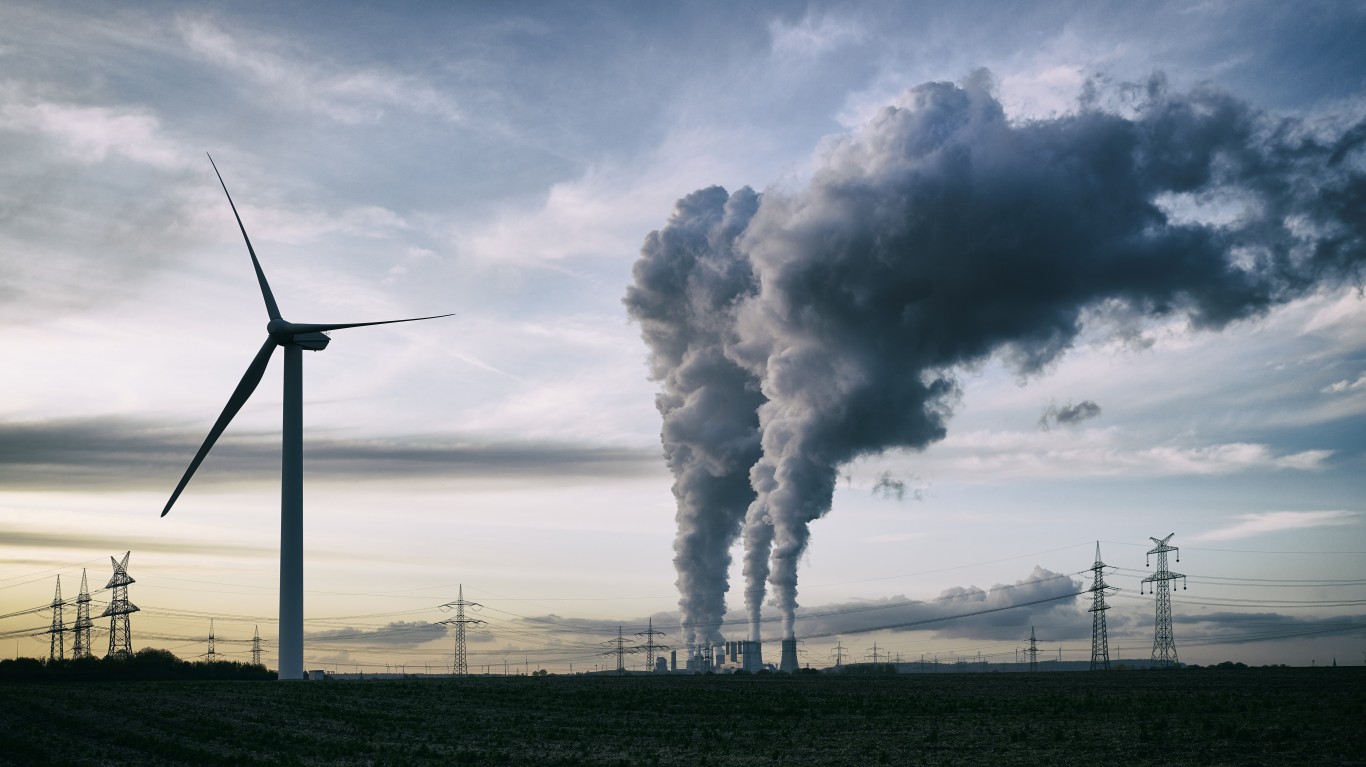
The main ways to do this are to reduce emissions of greenhouse gases by using renewable energy and eliminating fossil fuels, changing our eating habits to move away from beef or meat altogether, and reuse and recycle products to reduce our “carbon footprint”—the amount of carbon dioxide that goes into the atmosphere as a result of our choices.
Preparing for Climate Change
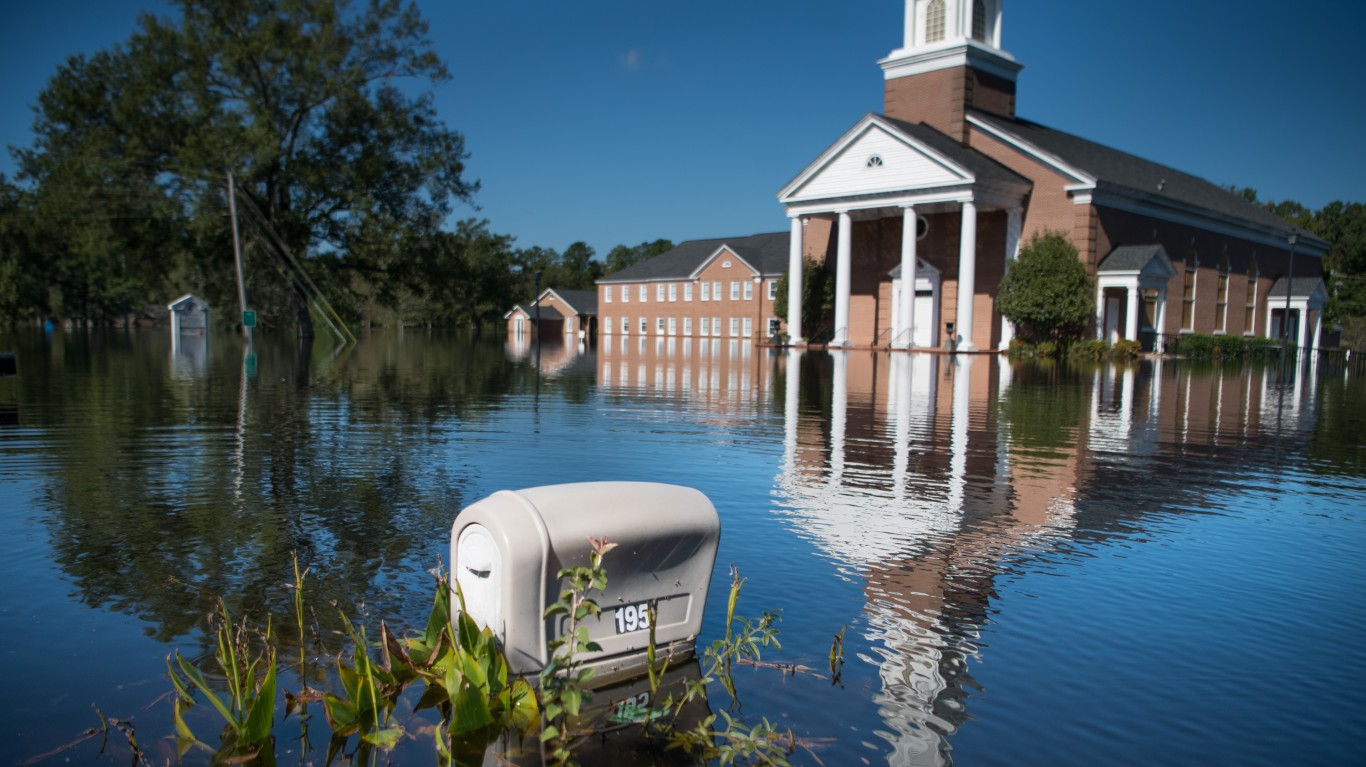
It’s highly unlikely enough countries will reduce their carbon output in a timely way to prevent more severe climate change from happening. Thus, every country has to make long-term plans to adjust to warmer temperatures, higher sea levels, more violent storms, changes in precipitation, shortages of food, water, and natural resources, animal migration and extinction, and mass movements of people.
The Coming Need
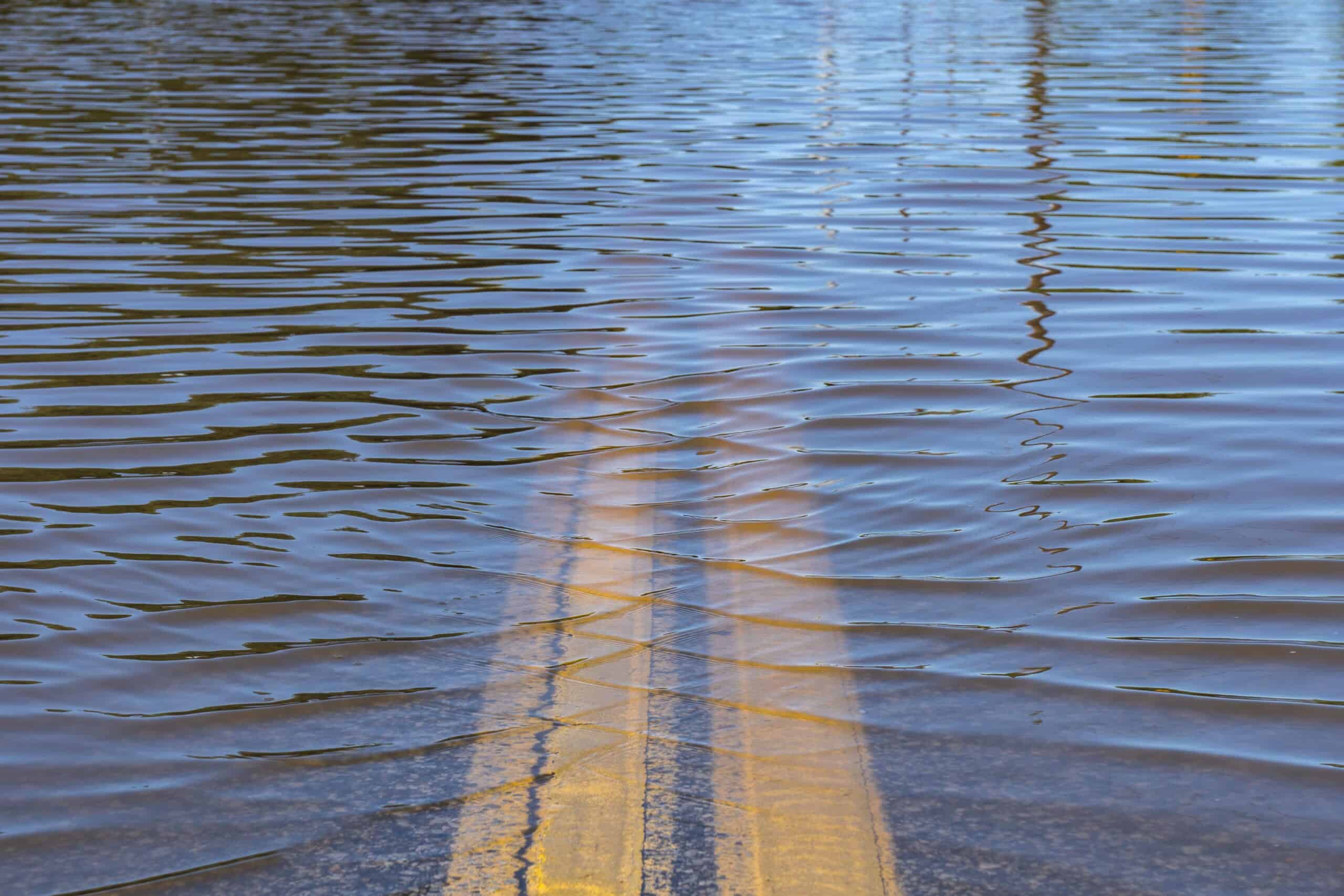
Coastal or island countries will need to invest in seawalls to prevent flooding. Seaports, airports, rail lines, and roads may need to be rebuilt in better locations to adapt to the new geography. In mountainous areas, engineering projects may be necessary to prevent landslides or channel them away from populated areas. Different crops and livestock may need to be introduced that can withstand the new conditions. Interior areas may have to be developed into new cities as people migrate away from flooding and heat waves.
Countries Best Prepared for Climate Change

The Notre Dame Global Adaptation Initiative did a study of various countries’ vulnerability to the effects of climate change and their ability to adjust to it. These are the top 10 countries they identified:
- Norway
- Finland
- Switzerland
- Denmark
- Singapore
- Sweden
- Iceland
- New Zealand
- Germany
- United Kingdom
Improvements Climate Change Could Bring

Although on a global scale, the picture looks dark for humanity to adjust to such major changes, some parts of the world are likely to benefit from climate change. Some regions and countries will enjoy improved conditions for farming, a milder climate with less need to invest in heating, greater access to the sea, and the discovery of new deposits of natural resources. Following are some examples.
Saharan Africa
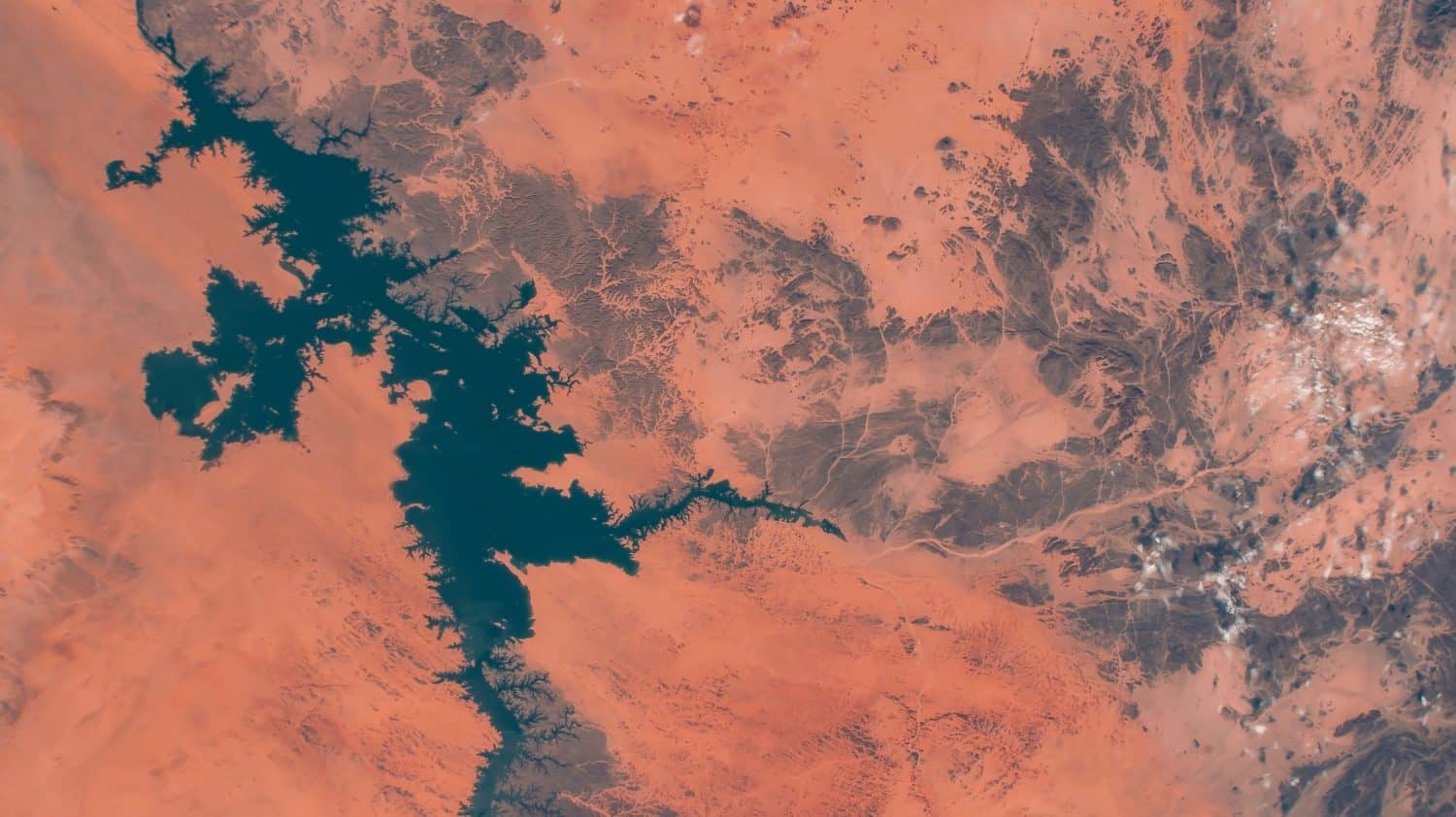
It’s not clear yet how the Sahara Desert will respond to climate change. We do know from archaeology, though, that the Sahara has gone through periodic greening cycles. As recently as 5,000 years ago, it was a grassland with human and animal life and significant river systems. Climate change could very well bring more precipitation to northern Africa, but it might not be spread evenly through the year. There could be an intensely dry season punctuated with torrential rains that will cause flooding and erosion.
A country like Egypt could benefit from the new conditions, already having a steady supply of water from the Nile and the ability to control the flow with the Aswan High Dam. Egypt might be able to create desert reservoirs to store excess water in the rainy season for use during droughts.
Scandinavia
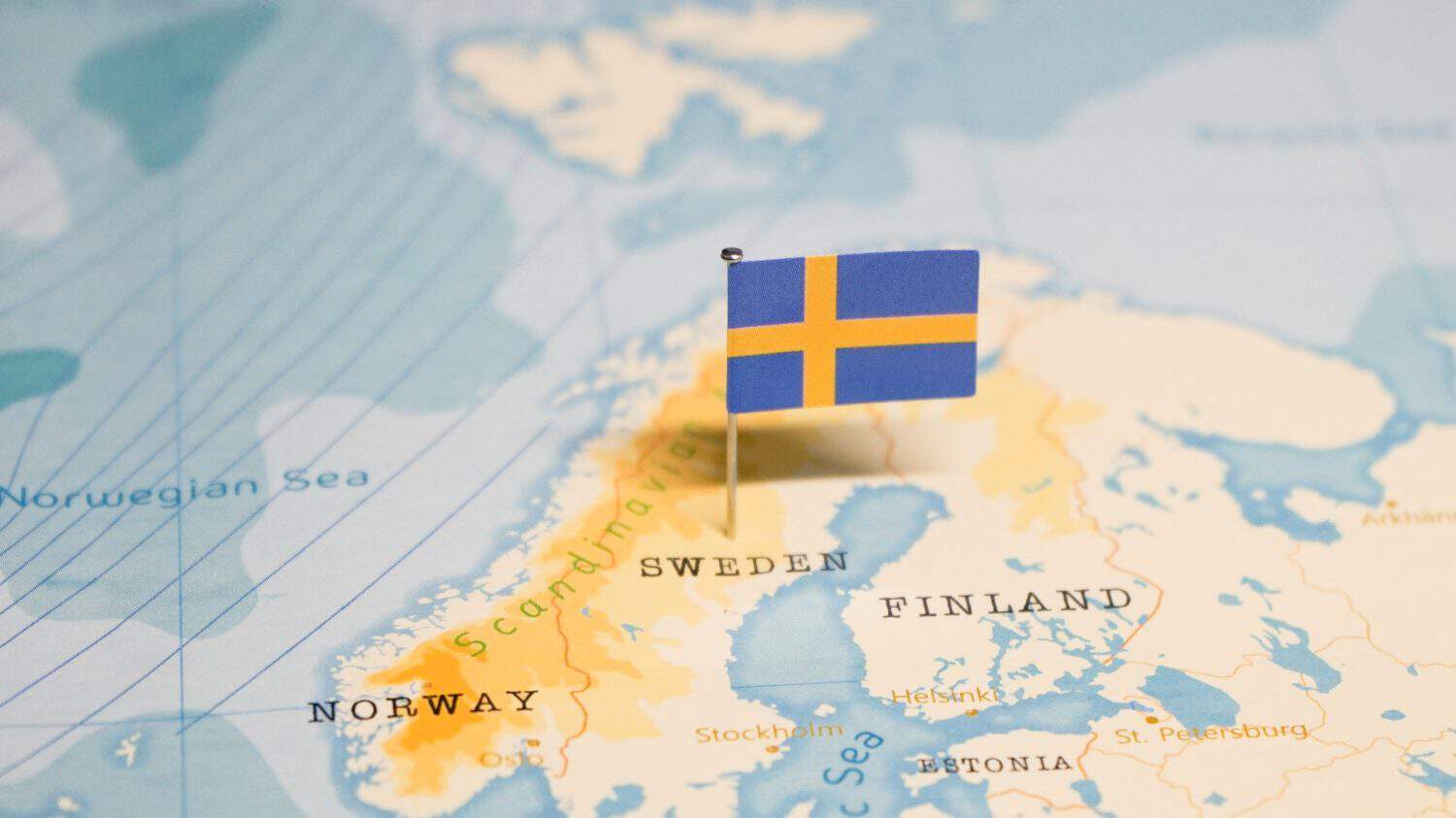
Norway, Sweden, Finland, and the Baltic States will all enjoy warmer temperatures and better conditions for farming. Most of these countries are socially progressive, have a high standard of living, technologically advanced, and are making investments in sustainable energy. Since they are taking the issue seriously and preparing for it, they are likely to be some of the first to reap the benefits of the new, warmer world.
Arctic Countries

Canada, Greenland, Russia, and the United States (via Alaska) are the countries surrounding the Arctic Ocean. The thawing of the northern ice cap is a great tragedy, environmentally, especially in terms of the loss of beloved iconic species like the polar bear. Economically, the countries surrounding the Arctic will find it to be a boon. Here are some of the benefits they will reap:
- With the ocean ice-free in the summers, or maybe even year-round, trade between Europe and Asia can go by sea in a more direct route, cutting shipping times and expenses. Russia’s age-old problem of a lack of warm-water ports for trade will be solved.
- New sources of natural resources are likely to be revealed as the region’s ice sheets disappear and permafrost melts.
- Growing zones will move further north, extending boreal forests and agricultural land into areas that were previously tundra.
- Countries of the region will be able to expand their population through birth and immigration.
- They will save money on heating oil with milder winters.
By some forecasts, Canada will gain over 4 million square km of new farmland and grow its GDP by 246 percent!
O, Canada!

Every time there’s catastrophe, whether it’s an presidential election with an outcome we don’t like, a war we don’t want to fight in, a lack of affordable medicine, or, who knows, an alien invasion, Americans threaten to pack up their cars and go to Canada. (Blithely assuming Canada would even want us, of course.) Add climate change to the list. Canada’s definitely the place to be for that. It’s pretty, there’s lots of space, they speak English, they’re nice, and you can drive there, hopefully in an electric car. Just head “true north,” you’ll find it.
Are You Ahead, or Behind on Retirement? (sponsor)
If you’re one of the over 4 Million Americans set to retire this year, you may want to pay attention.
Finding a financial advisor who puts your interest first can be the difference between a rich retirement and barely getting by, and today it’s easier than ever. SmartAsset’s free tool matches you with up to three fiduciary financial advisors that serve your area in minutes. Each advisor has been carefully vetted, and must act in your best interests. Start your search now.
Don’t waste another minute; get started right here and help your retirement dreams become a retirement reality.
Thank you for reading! Have some feedback for us?
Contact the 24/7 Wall St. editorial team.
